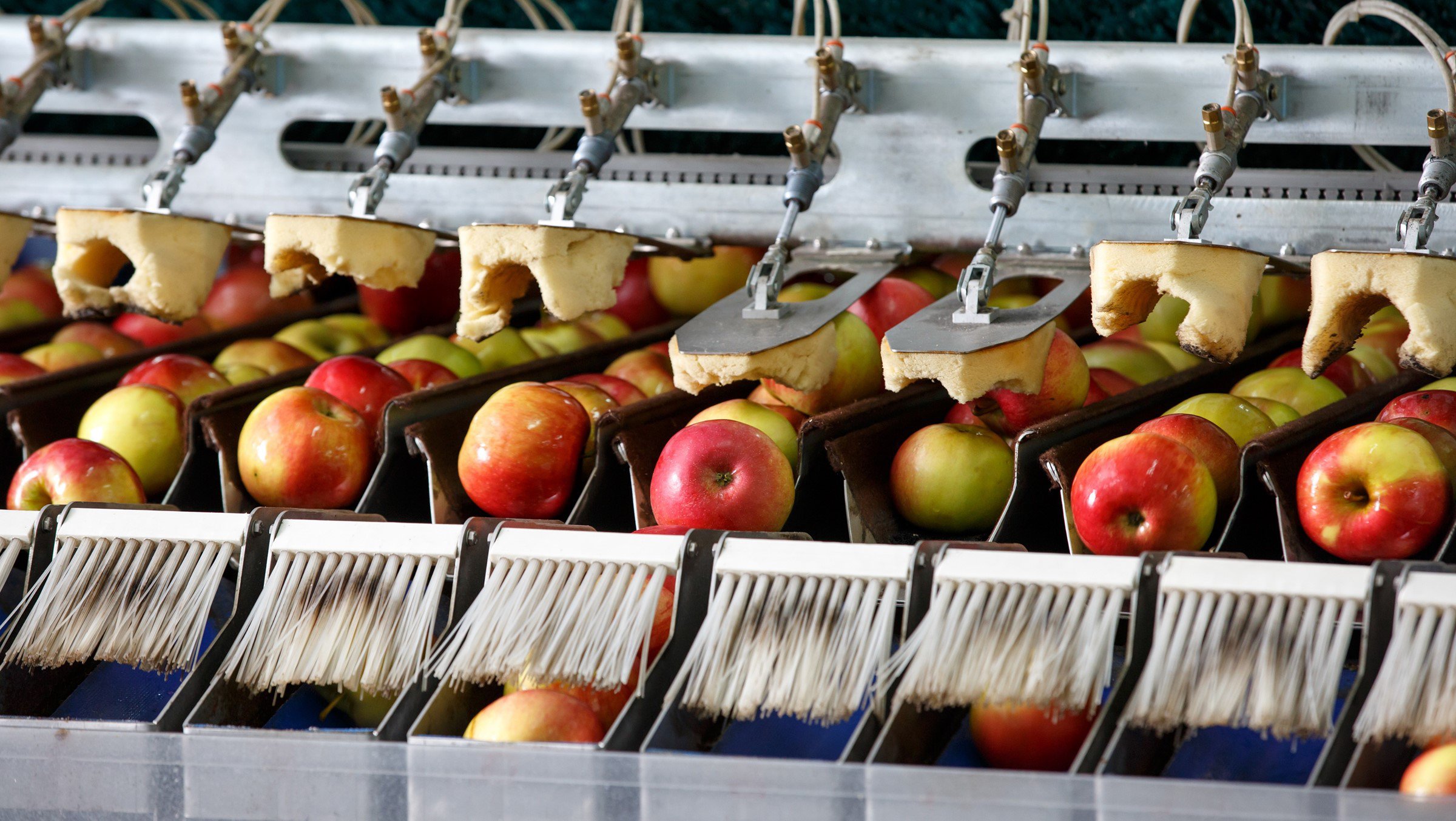Automation has penetrated and simplified almost every aspect of our economy, and the food processing industry is no exception. However, compared to other industries that have learned to take full advantage of the potential of automation and robotics to transform and reduce processing challenges, the food and beverage industry is still lagging behind.
Research shows that over the past five years, the food and beverage Industry's investment in automation has lagged behind other industries, such as logistics and fulfillment, automotive and care health and pharmaceuticals. In addition to external factors such as inflation, skilled labor shortages and supply chain disruptions, organizations also face internal challenges such as balancing quality and growth, employee retention, Use and understand data and integrate new technology. When businesses know how to leverage automation and robotics, they will help solve these internal and external challenges.
Issues such as inflation, labor shortages, sustainability requirements and the desire to improve quality and yield all favor increased automation in food processing. Rising inflation has caused input costs in food processing to increase, including increased costs of labor, materials, and energy. Not only labor costs but labor shortages in the food processing industry remain a concern with about 627,000 unfilled manufacturing positions across the United States. The current and expected impact of labor shortages is raising concerns in manufacturing operations and points to productivity challenges in the near future.
Consumers are increasingly interested in sustainably sourced and produced products, which could impact manufacturing practices. According to the latest reports, 42% of consumers care about sustainability when making purchasing decisions, an increase of 18 percentage points compared to last year, and 54% of consumers believe that food manufacturers the biggest role in providing sustainable products. In addition to consumer interests, regulatory factors are also encouraging more sustainable food production, potentially disrupting industry processes and compliance.

